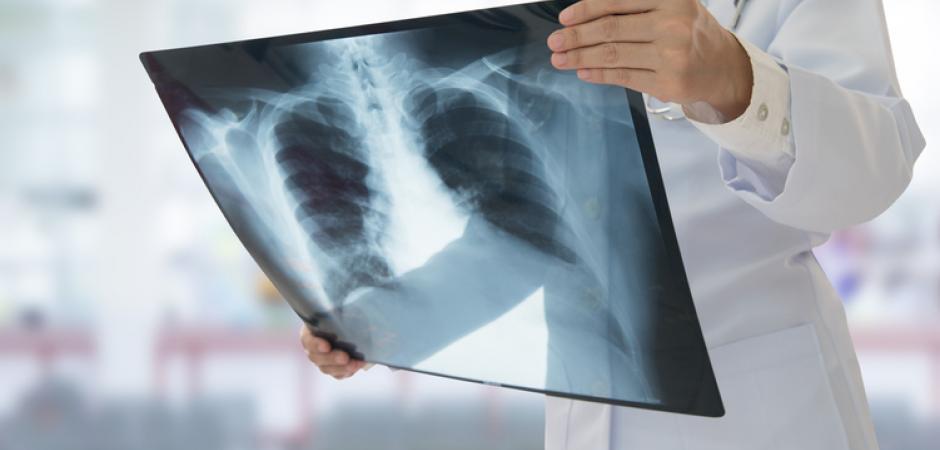
Our radiology department is open 24/7 for emergency CT scans and X-rays, with ultrasound provided on an as-needed basis and convenient on-site scheduling for non-emergency assessments weekdays from 8 a.m - 5 p.m.
All services are available with an appointment or physician’s order on an inpatient or outpatient basis. To schedule an imaging scan at UT Health Athens please call 903-676-2169.
UT Health Athens offers:
- Bone densitometry – also known as bone DXA scans, this enhanced form of X-ray technology is used to measure bone loss and is particularly useful in detection of osteoporosis.
- Cardiac calcium scoring – this test relies on a noninvasive CT scan to gather information about the presence, location and extent of calcified plaque in the coronary arteries in order to determine risk of heart attack.
- CT scans – both of our advanced high-speed multislice CT scanners are equipped with iDose radiation reduction software, which calculates and delivers the lowest dose of radiation possible based on your weight and age. CT scanning shows detailed 3-D images in order to detect blood clots, fractures, tumors, infection and the presence of disease.
- Digital mammography – essential in the early detection of breast cancer, mammograms done with digital technology check for breast abnormalities and tumors.
- Full-field digital radiography – this form of X-ray imaging uses digital sensor technology instead of traditional film for immediate viewing and enhanced images. Full-field capabilities mean our machines use a lower dose of radiation for extra safety. We also have portable full-field X-ray machines that allow us to take imaging technology to the bedside.
- MRI (magnetic resonance imaging) – our 1.5 Tesla MRI with software upgrades is one of the most sophisticated diagnostic tools available.
- Nuclear medicine – this form of testing requires a low-dose radioactive tracer to be injected into the blood stream to check the function of a specific organ or area of the body with the purpose of identifying cancer, diseases and disorders or to check the response of the body to certain medical treatments. Radioactivity typically dissipates 24 hours after the test.
- Ultrasound and echocardiography – UT Health Athens has an array of ultrasound machines, which rely on sound waves to create images of internal organs and structures.

